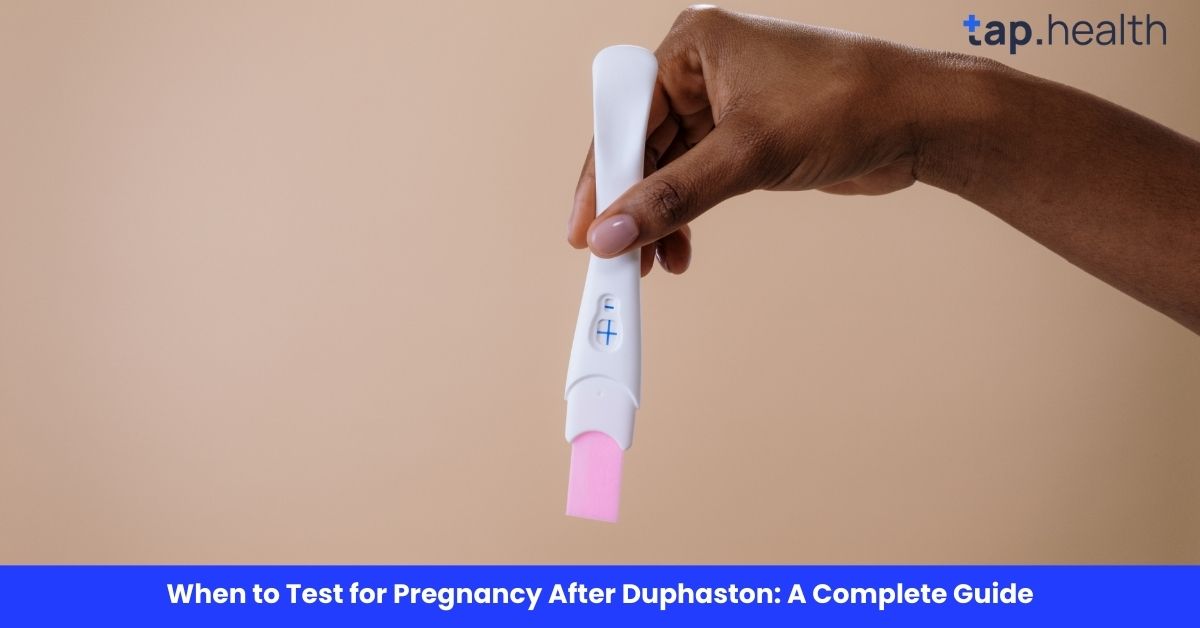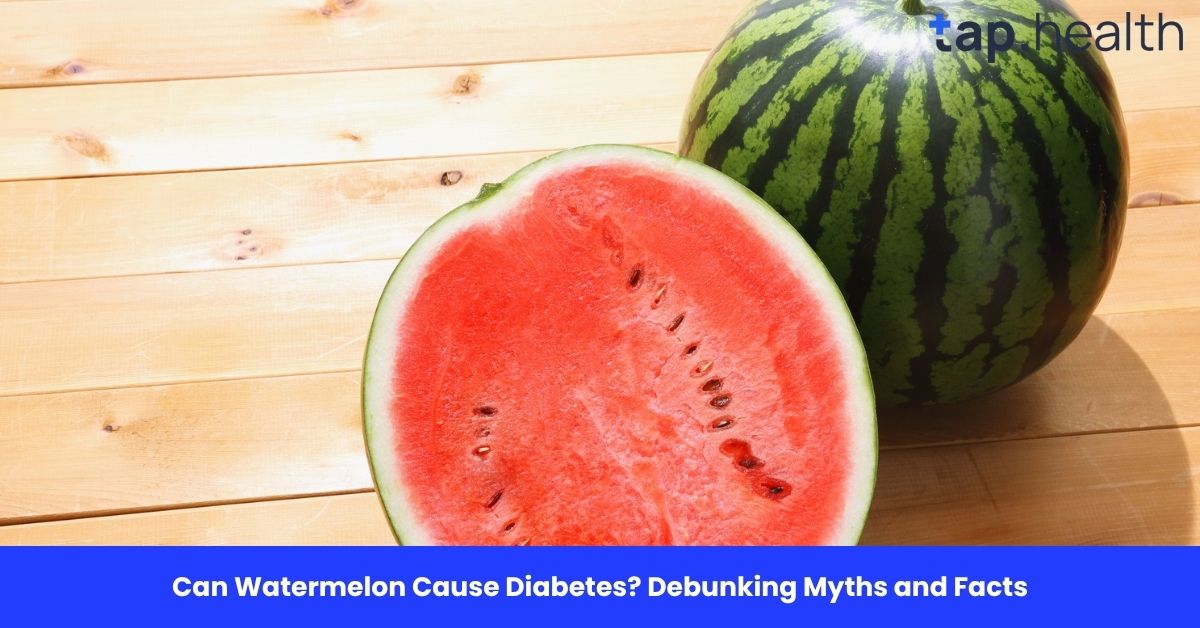Duphaston is a commonly prescribed medication used to regulate menstrual cycles, support pregnancies, or treat certain hormonal imbalances. If you’ve recently taken Duphaston as part of your fertility treatment or to manage irregular cycles, you might be wondering when to test for pregnancy after taking it. Knowing the right time to take a pregnancy test is crucial for getting an accurate result, especially since Duphaston can influence your hormone levels and menstrual cycle.
In this article, we will walk you through everything you need to know about when to test for pregnancy after Duphaston, how the medication works, and what to expect in terms of your pregnancy test results.
What Is Duphaston?
Before we dive into the specifics of testing for pregnancy after Duphaston, it’s important to understand what Duphaston is and how it works in the body.
Duphaston Explained
Duphaston is a synthetic form of progesterone, a hormone that plays a key role in regulating the menstrual cycle, preparing the uterus for pregnancy, and supporting early stages of pregnancy. It is often prescribed for women who have irregular cycles, difficulty getting pregnant, or to help prevent miscarriage in certain cases.
Progesterone helps to prepare the uterine lining (endometrium) for implantation of a fertilized egg. If pregnancy occurs, progesterone continues to support the pregnancy in its early stages. If pregnancy does not occur, progesterone levels naturally drop, leading to menstruation.
Why Is Duphaston Prescribed?
Some common reasons a doctor may prescribe Duphaston include:
- Irregular periods: Duphaston can help regulate the menstrual cycle.
- Fertility treatments: It may be used as part of a fertility regimen to support early pregnancy or stimulate ovulation.
- Support in early pregnancy: For women at risk of miscarriage or those who have had previous early miscarriages.
- Hormonal imbalances: If the body is not producing enough natural progesterone, Duphaston helps to correct this imbalance.
How Does Duphaston Affect Your Menstrual Cycle?
If you’re trying to conceive or monitoring your cycle for pregnancy, it’s important to understand how Duphaston might impact your menstrual cycle and hormone levels.
Duphaston and Your Menstrual Cycle
Duphaston is typically taken during the second half of the menstrual cycle (luteal phase), usually after ovulation. The hormone progesterone works to prepare the uterine lining for a potential pregnancy. If pregnancy doesn’t occur, progesterone levels will naturally decline, leading to the shedding of the uterine lining and menstruation.
Taking Duphaston can delay your period. This is because it artificially maintains progesterone levels in the body, which can prevent the natural drop that typically signals the start of a period.
How Duphaston Affects Pregnancy Testing
Since Duphaston affects your hormones, it can sometimes lead to confusion when you are trying to test for pregnancy. If you have been prescribed Duphaston to support a potential pregnancy, your period may be delayed even if you are not pregnant, making it harder to tell whether the delay is due to pregnancy or the medication itself.
Key Points to Remember:
- Duphaston can delay the onset of your period, especially if you were prescribed it to regulate your cycle or support a pregnancy.
- It’s important to test for pregnancy at the right time to get the most accurate result.
When Is the Best Time to Take a Pregnancy Test After Duphaston?
Knowing the right time to take a pregnancy test after taking Duphaston is crucial for getting accurate results. Testing too early could give you a false negative, especially if Duphaston is still influencing your hormone levels.
Key Timing Considerations
- Wait Until Your Period Is Due: The best time to test for pregnancy after Duphaston is when your period is due or slightly delayed. If your period doesn’t come on schedule, you can test for pregnancy. However, remember that Duphaston could delay your period by several days, so it’s important to wait a few days after your expected period before testing to avoid false negatives.
- Take the Test After Stopping Duphaston: If you’ve completed your Duphaston course (usually 10-14 days) and you’re still waiting for your period or feeling pregnancy symptoms, it’s best to wait 2-3 days after stopping the medication before testing for pregnancy. By this time, Duphaston will no longer be in your system, and a pregnancy test will give you a more accurate result.
- Early Testing (Sensitive Pregnancy Tests): Some women may choose to take an early pregnancy test, but be aware that these tests might not detect pregnancy until several days after your missed period. If you’re using an early detection test, make sure it’s a highly sensitive brand, and only take it after your period is due.
Why Testing Too Early Can Be Problematic
Testing too early can result in a false negative because the hormone human chorionic gonadotropin (hCG)—the hormone detected in pregnancy tests—might not be high enough in your system for the test to detect. Duphaston can also affect the production of hCG, which could cause delays in the test’s ability to detect pregnancy. This is why it’s crucial to wait until your period is late and you’ve stopped Duphaston before testing.
How to Take a Pregnancy Test After Duphaston
Once you’ve decided it’s the right time to test, follow these simple steps to take your pregnancy test:
- Choose the Right Test: Select a high-quality, sensitive home pregnancy test. There are many available, but those labeled as “early detection” are best. Consider buying a digital test, which can sometimes be easier to read than traditional lines.
- Test First Thing in the Morning: It’s best to take your pregnancy test first thing in the morning, as this is when your urine will be most concentrated, making the test more likely to pick up the pregnancy hormone.
- Follow the Instructions: Carefully follow the instructions provided with your pregnancy test. Ensure you are timing it correctly, and wait the full time indicated before interpreting the result.
- Look for a Clear Result: After testing, a positive result will show two lines or a plus symbol, depending on the brand. A negative result will show one line or a minus symbol. If you’re unsure, wait 48 hours and test again, or consult your doctor for a blood test.
What to Do If Your Pregnancy Test Is Negative After Duphaston
If your pregnancy test is negative, there are a few things you should consider:
1. Wait a Few Days:
If your period still hasn’t arrived after testing, wait a few more days and test again. It’s possible that your hCG levels are still too low to be detected early.
2. Visit Your Doctor:
If you continue to get negative results but haven’t gotten your period, it’s a good idea to visit your doctor. They can run blood tests to confirm whether you’re pregnant and check your hormone levels to see if Duphaston is affecting your cycle.
3. Continue to Monitor Symptoms:
If you’re still experiencing symptoms like nausea, fatigue, or breast tenderness, keep track of them and share this information with your doctor. Sometimes, the symptoms of pregnancy can overlap with side effects of Duphaston, and your healthcare provider can help you interpret them accurately.
What If You Are Pregnant?
If you test positive for pregnancy, congratulations! It’s important to confirm your pregnancy with your doctor, who may suggest further steps in your prenatal care.
1. Discontinue Duphaston (If Prescribed for Pregnancy Support):
If you were taking Duphaston to support a potential pregnancy, your doctor will advise whether you should continue the medication or not.
2. Begin Prenatal Care:
Your doctor will start you on the proper prenatal care plan, which may include supplements like folic acid and other prenatal vitamins.
3. Monitor Your Health:
Continue to monitor your health and attend regular prenatal check-ups to ensure the well-being of both you and your baby.
Real-Life Scenario
Imagine a woman prescribed Duphaston after ovulation to help support conception. She finishes her 10-day course but does not get her period. Instead of testing immediately, she waits 2–3 days after stopping the medicine. This way, her pregnancy test result is more reliable and reduces the chance of confusion from an early false negative.
Expert Contribution
Gynecologists explain that Duphaston itself does not cause a positive pregnancy test, as it does not contain hCG (the pregnancy hormone). However, since it can delay menstruation, the best practice is to test after a missed period or 2–3 days post-medication. Doctors may also recommend a blood test (beta-hCG) for more accurate results, especially if the urine test is unclear.
Recommendations Grounded in Proven Research and Facts
- Do not test too early: Wait at least 14 days after ovulation or 2–3 days after completing Duphaston.
- Use first morning urine: It contains the highest concentration of hCG, making detection more accurate.
- Consult your doctor: If periods are delayed beyond a week after stopping Duphaston, seek medical advice.
- Consider a blood test: Beta-hCG blood test is more sensitive and can confirm pregnancy earlier than urine tests.
- Track cycles: Keeping ovulation records helps in timing the test correctly and reduces confusion.
Frequently Asked Questions (FAQs) on When to Test for Pregnancy After Duphaston
1. Can Duphaston delay a pregnancy test?
Yes, Duphaston can delay your period, which can cause confusion when testing for pregnancy. It’s best to wait a few days after your expected period before taking a test.
2. When should I test for pregnancy after stopping Duphaston?
Wait 2-3 days after stopping Duphaston before testing for pregnancy. This ensures that the medication is no longer influencing your hormone levels, providing a more accurate result.
3. Can I get a false negative pregnancy test after taking Duphaston?
Yes, it’s possible to get a false negative if you test too early. Duphaston can affect the levels of pregnancy hormones, and testing too soon may not give an accurate result.
4. How long does Duphaston stay in your system?
Duphaston has a half-life of around 5 to 7 hours, meaning it takes several days for the medication to leave your system completely. It’s best to wait a few days after finishing the course before taking a pregnancy test.
5. What if I get a negative pregnancy test but still haven’t gotten my period?
If you’re still unsure about the results, wait a few more days and test again. If your period doesn’t arrive, consider visiting your doctor for a blood test to confirm whether you’re pregnant.
6. Can Duphaston affect early pregnancy symptoms?
Yes, Duphaston can mimic some pregnancy symptoms, such as breast tenderness, bloating, and mood swings. This can make it harder to distinguish between the side effects of the medication and actual pregnancy signs.
Conclusion
Knowing when to test for pregnancy after taking Duphaston is key to getting an accurate result. The best time to take a pregnancy test is after your period is due and a few days after stopping Duphaston. By understanding how Duphaston works and how it affects your cycle, you can make informed decisions about when to test and how to interpret the results. If you have any doubts or concerns, don’t hesitate to consult with your healthcare provider for further guidance.



